Is Worldcoin legit or just another data collection scheme?
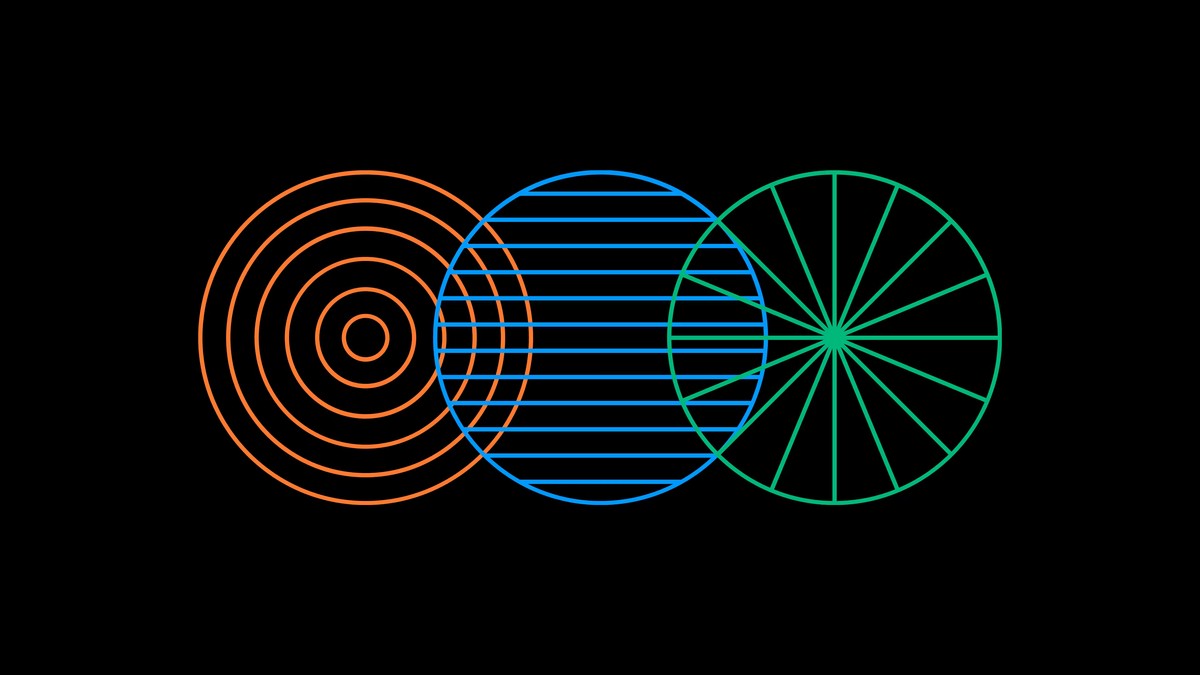
Investment in crypto-assets is unregulated, may not be suitable for retail investors and the entire amount invested may be lost. It is important to read and understand the risks of this investment, which are explained in detail here.
The cryptocurrency revolution led us to a brand-new economy that does not depend on only two viable currency types but the question of ''is Worldcoin legit'' has arisen following the launch of its WLD tokens on major exchange platforms like Binance.
Spearheaded by Sam Altman, the co-founder of ChatGPT, Worldcoin is a decentralized and open-source crypto project developed by OpenAI and Tools For Humanity.
It aims to address the challenge of proving human identity in a world increasingly populated by bots and artificial intelligence.
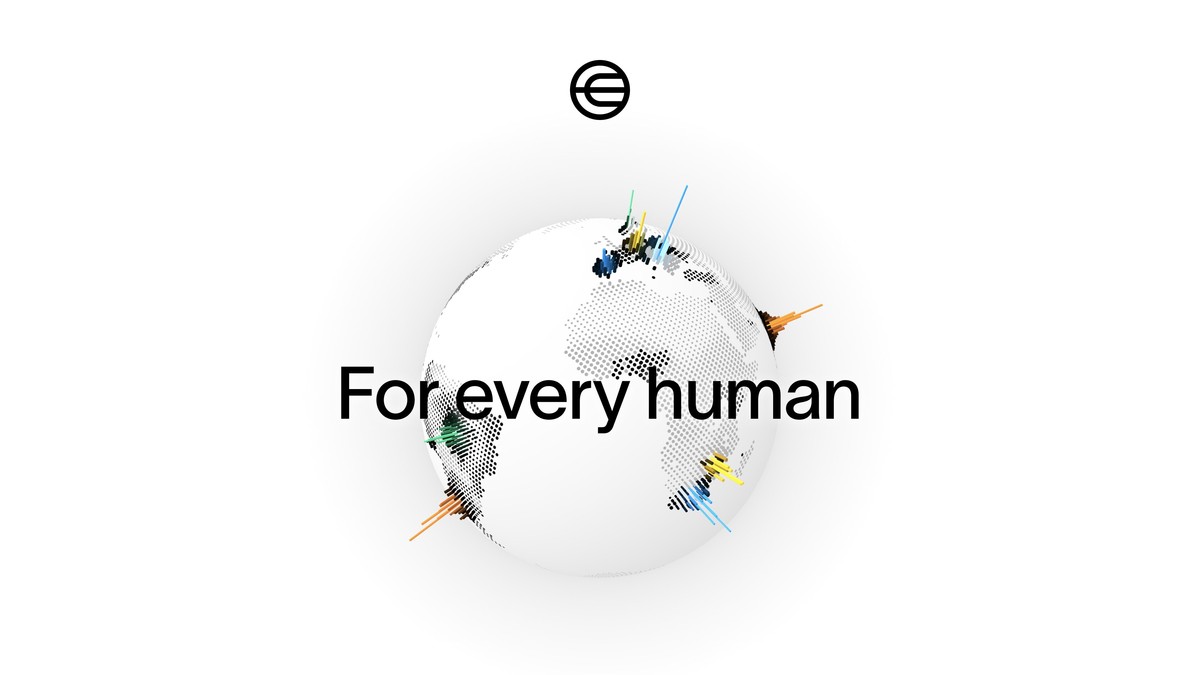
Get to know Woldcoin
Worldcoin, a distinctive crypto project and digital ecosystem, aims to verify individual human identity without relying on bots or AI. At its core lies the "World ID," functioning as a digital passport to authenticate one's humanity. To obtain this "Proof of Personhood," users are required to undergo an iris scan using specialized biometric devices known as "Orbs," available at approximately 200 locations worldwide.
By creating a World ID through this process, users are rewarded with Worldcoin tokens (WLD), the native cryptocurrency of the ecosystem. These tokens hold value and can be used for transactions within the blockchain economy, including trading for other cryptocurrencies such as Bitcoin (BTC).
However, the approach adopted by Worldcoin has sparked controversy and divided opinions within the cryptocurrency community. While the project aspires to enhance economic opportunity and distinguish humans from AI while preserving privacy, concerns have been raised regarding centralization, security, and privacy implications.
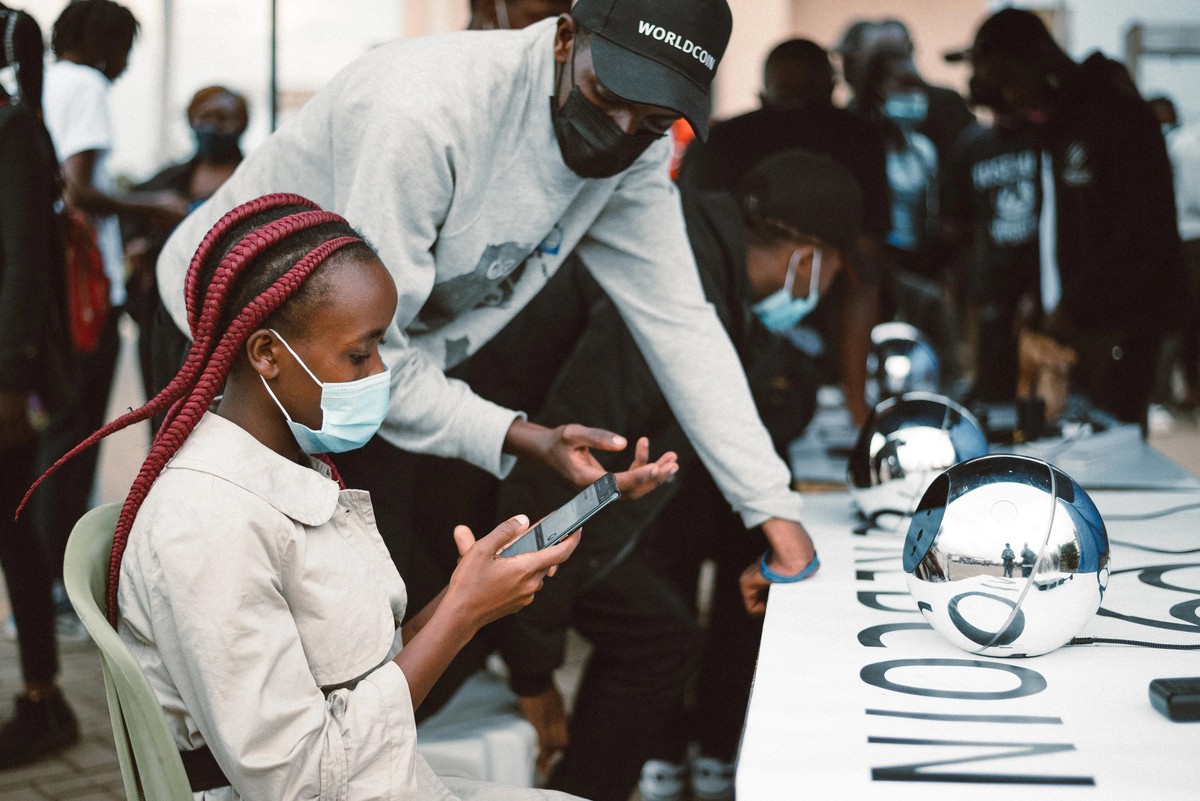
On one hand, Worldcoin's emphasis on preserving user privacy through the use of zero-knowledge proofs and locally stored World IDs on mobile devices is commendable. This approach seeks to protect sensitive biometric, KYC, and AML data from being controlled by a single entity. Furthermore, Worldcoin's vision of potential applications like Universal Basic Income (UBI) and addressing income inequality with AI assistance highlights its ambition for positive socio-economic impacts.
On the other hand, skeptics question the potential risks associated with collecting biometric data, especially given the centralization of user information. Concerns include possible privacy leaks, reduced internet anonymity, and potential coercion by authoritarian governments. Some also question the effectiveness of biometrics as a form of proof-of-personhood and the ethical implications of widespread adoption.
Concerns and controversy surrounding it led to is Worldcoin legit question
Worldcoin's attempt to address digital identity challenges has garnered both praise and criticism. On the positive side, the project aims to create a new identity and financial network that allows users to prove online that they are human, not a bot. The use of iris scans through the Orb biometric device creates a unique "World ID" for each user while preserving privacy and security by employing zk-SNARKs and cryptographic techniques.
However, Worldcoin has faced criticism and concerns from privacy campaigners and data regulators regarding the potential risks associated with biometric data collection. Critics worry about the possibility of misuse or leakage of identity-related information, even though Worldcoin currently stores hashed versions of iris scans rather than actual images.
Additionally, accessibility is raised as an issue, as users need to physically access a Worldcoin Orb, limiting the project's reach and potentially creating an imbalance in distribution.
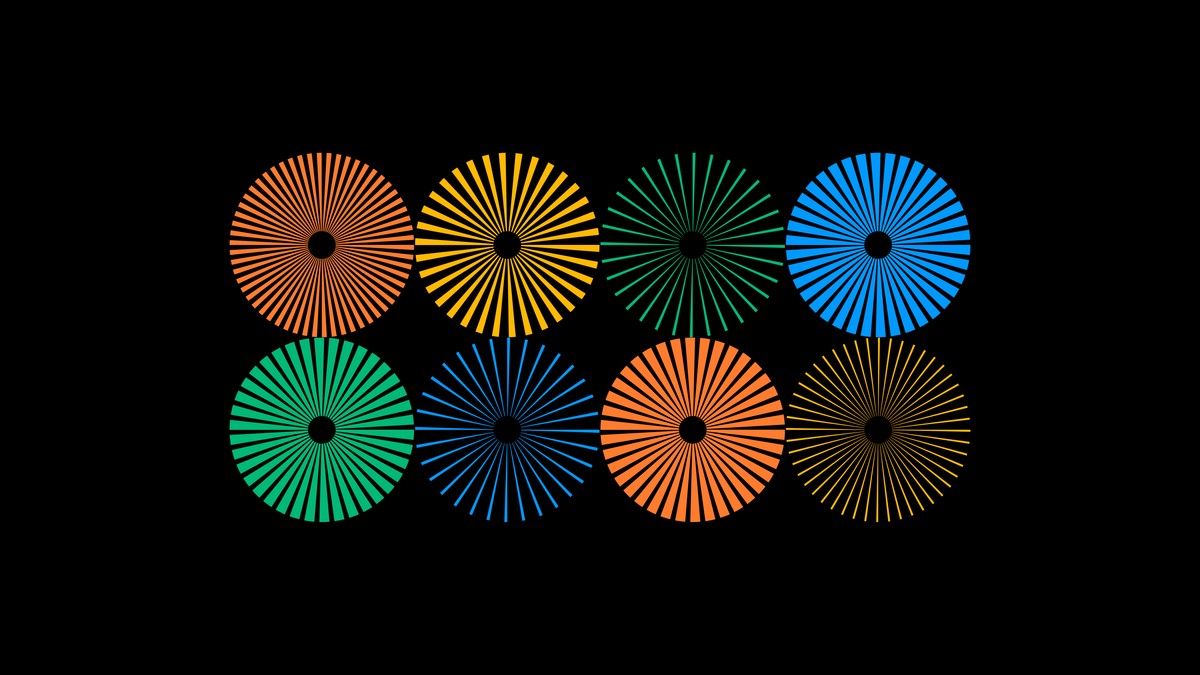
Centralization concerns are also highlighted, with questions about the integrity of Worldcoin's Orb hardware construction and the potential for governance and algorithm centralization.
Security risks are another area of contention, including phone hacking, coercion for iris scanning, and the creation of fake identities.
Worldcoin's response to these concerns includes emphasizing prompt deletion of biometric data to protect user privacy and allowing users to store their data in encrypted form if they choose to. The project's commitment to decentralization over time is also acknowledged as a step toward addressing centralization concerns.
The concept of proof-of-personhood, as employed by Worldcoin, has value, as it allows for unique authentication in a decentralized manner. However, addressing the risks associated with such systems is essential, and critics call for more progress on various types of proof-of-personhood to strike a balance between security, privacy, and accessibility.
The potential dangers of this type of data collection are obvious when we consider how much we will be exposing our eyes to cameras with the development of technologies such as AR/VR. Of course, we are not saying you should never trust it, but it is worth being cautious.
Advertisement

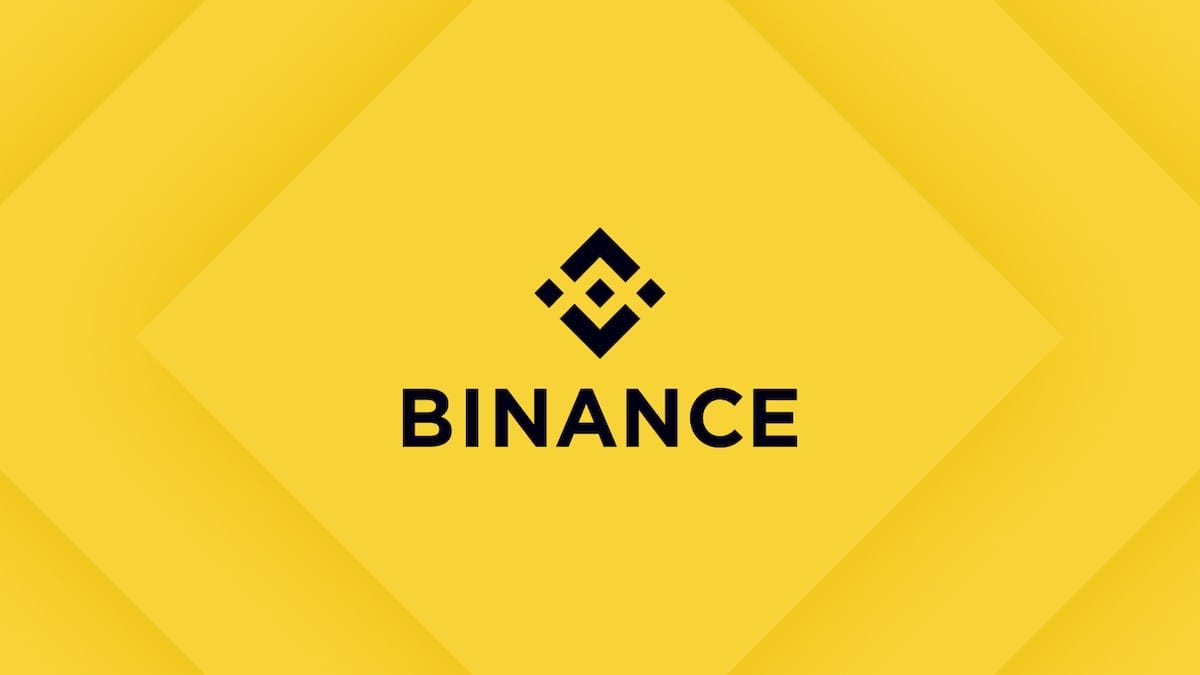
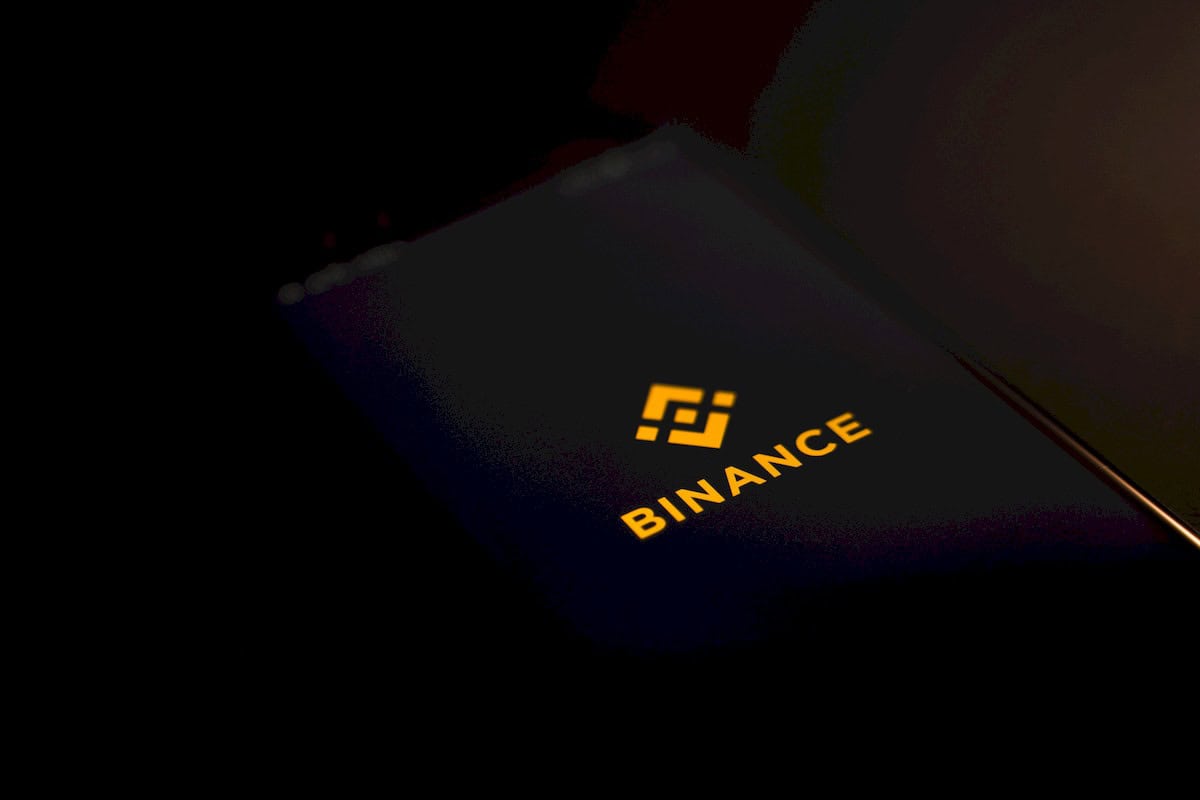
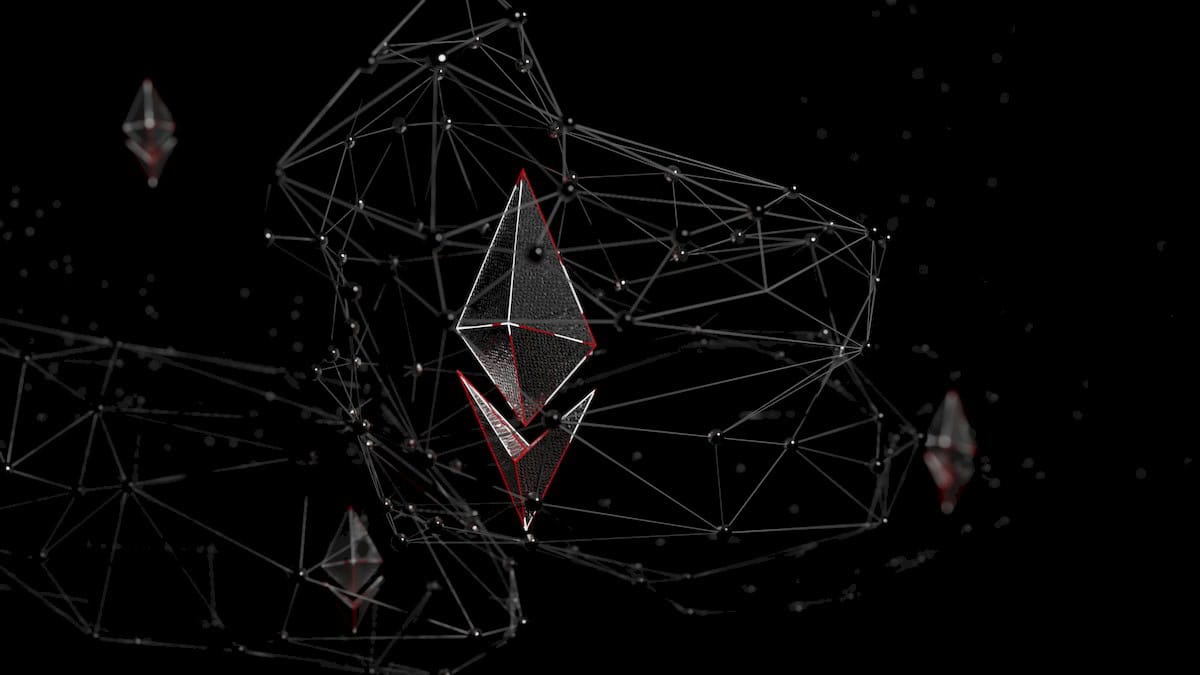
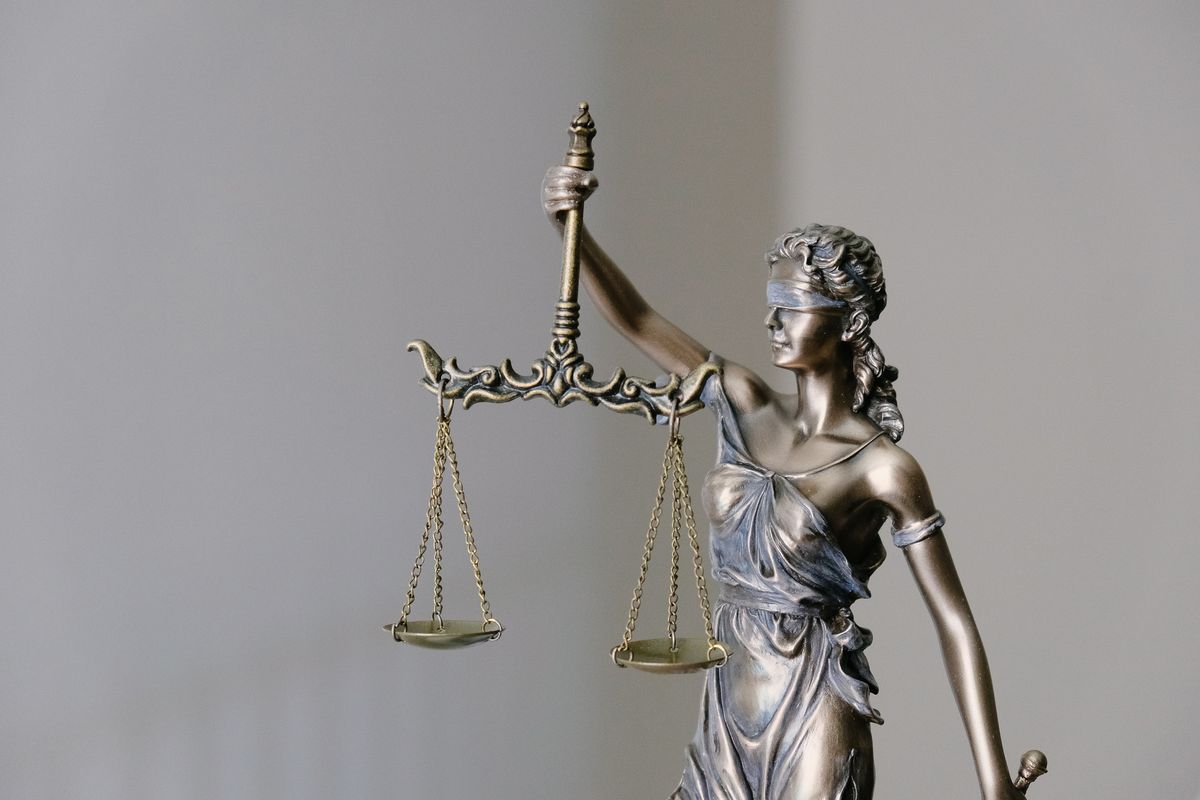












how dare you?? this is the real shi…thing!!
It’s not clear to me why I need to be distinguished from bots or AIs. In fact, I suspect it’s better for my privacy and anonymity if I can’t be so distinguished. Mix me in with the crowd and I’m less likely to be picked out and targeted. If the crowd consists of bots and AIs, so much the better as they are easily generated, so the crowd gets bigger and I become even more faceless.
This is why cash is king in the criminal underworld. No one can track cash. With the future intentions of the globalists and neoliberals concentrated on turning everyone who isn’t them into criminals, this is an important consideration.
“Unique authentication in a decentralized manner”? How about let’s not “authenticate” anyone for anything? You are who you say you are. Is that any different from being given a name from your parents? You want “proof of identity”? Under what circumstances do you actually need that? Why would I want to participate in a situation where – other than presenting myself in person and providing information that only I would know – requires you to keep a record of who I am which is accessible to the authorities?
If you can guarantee that only you have access and can have access to my identify proof, then I might consider it. Does WorldCoin guarantee that? Not while they operate under the aegis of any nation state. The classic line: If we can’t decrypt it, we’ll just beat you with a hammer until you tell us.
If they go underground on the Dark Web and were distributed – like Z-Library – I might consider it.
Speculation and privacy (‘World ID’, good heavens!) : don’t count me in.
Speculation when the value of money is indexed neither on markets of goods, nor on economy (which is already less and less a reference), nor on labor (which has never been the case). The difference is that the wealthy/poor cycle will shorten from years to hours.
Privacy : together with Google’s Web Environment Integrity, this insane ‘World ID’ would finalize a universal loss of privacy. This world is getting nuts. Some work hard for pennies and others think hard for an intolerable increase of their wealth. Finance, finance tied to identity as advertisement already with tracking, that’s what it’s all about. genuine bullshit.
Modern, liberal economy is becoming a has-been. Finance master of it all will bring this world to chaos.
Like the army should always be the servant of a government, finance should be the servant of economy, not its master, otherwise we face a coup, as in Nigeria presently.
Said in simple words this is my perception.
“The world is getting nuts” is the plan. A few points why things like World ID works. First of all, new generations spend half the day looking at their phones. They are addicted to it. So shiny new things like the World ID are like candy for a diabetic. They must consume it. So are the cryptos, mainly because nobody wants to be out of the fad. It is a world full of stupid people. It won’t end well. Time certainly will tell. You and me probably (and luckily) won’t see it.